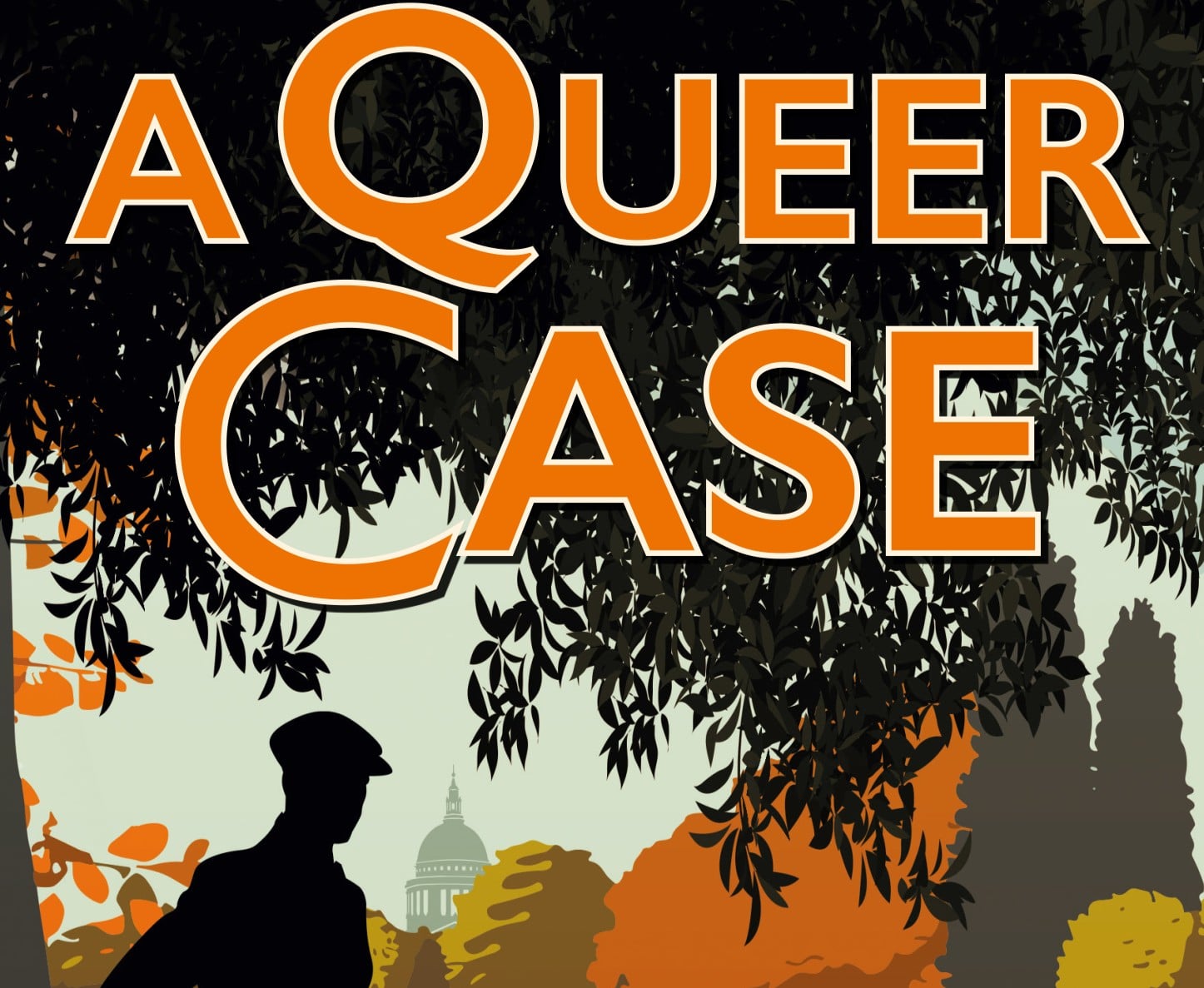The review ‘Psychedelia: the interplay of music and psychedelics’ stems from Katarina’s doctoral work as a D.Phil. student in her third year. She is part of the Department of Psychiatry and is based at the Centre for Eudaimonia and Human Flourishing at Linacre College. Katarina explains her aim for the review was “…to explore music’s role in Western psychedelic therapy, as well as its importance in indigenous psychedelic rituals found globally”. Linked to her other doctoral projects, the review has a special focus on the use of music and ayahuasca in the religious ceremonies of the syncretic Santo Daime Church, originating in Brasil.
Importantly, the review discusses the current research on the neural interactions between music and psychedelics and outlines the relevance of the brain’s functional hierarchy – relied on for music perception and moderated through psychedelic action on the brain. This leads to discussion of the potential of music to lead to altered states of consciousness in the absence of drug intervention. A good example of this is the development of psychedelia – music whose sound was influenced by the psychedelic movement of the 1960s. There is mounting evidence that psychedelics could be important in improving the lives of people affected by neuropsychiatric disorders including depression and addiction, and the review shows how music could potentially play a key role.
Read the full article here: Psychedelia: The interplay of music and psychedelics


















